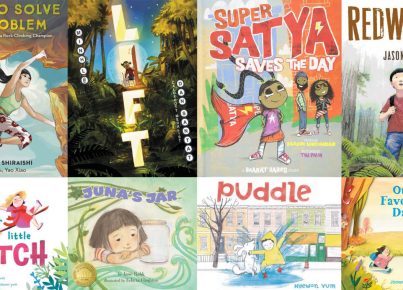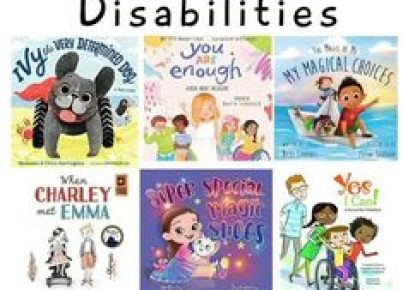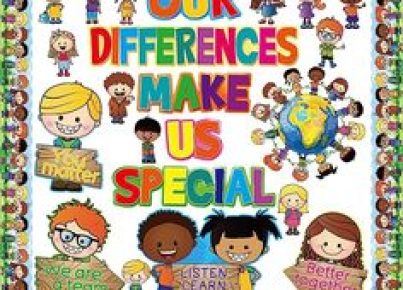Introduction:
In the wake of an election, discussing the results with children can be a daunting but essential task for parents and educators worldwide. For immigrant kids, understanding the outcomes and how they might impact their lives can be particularly challenging. This article aims to help guide those conversations and provide support in helping young immigrants navigate post-election emotions and discussions.
Understanding Their Concerns:
The first step in talking to immigrant kids about the election is understanding their concerns. Many children may feel anxious or fearful about potential policy changes that could significantly impact their lives or their family’s status in the country. Take time to listen to their worries and reflect on how you can address these feelings while providing reassurance.
Fostering an Open Environment:
It is crucial to foster a safe and open environment for kids, where they feel comfortable expressing their thoughts and emotions regarding the election results. By actively listening, asking questions, and offering empathy, you support open dialogue that helps young immigrants understand the implications of the political climate.
Assuring Them of their Rights:
Inform them about their rights as individuals living in their country. Ensuring they have accurate information about what they are entitled to as residents will allow them to advocate for themselves when necessary. Encourage them to ask questions if they do not understand certain aspects of their rights.
Explain the Democratic Process:
Walk them through how democracy works by explaining elections, government branches, and separation of powers. Use age-appropriate language to simplify complex concepts that will help them make sense of current events. This knowledge also empowers them by illustrating what citizens can do to influence policy changes and work towards a better future together.
Discussing Different Perspectives:
Encourage kids to understand different perspectives on political issues by explaining why people may have voted differently. This exercise promotes tolerance and acceptance towards opposing viewpoints while teaching them how diversity enables us to learn from each other.
Highlighting Positive Role Models:
Share stories of inspiring immigrant leaders who have experienced similar challenges yet made a meaningful impact in their communities. Such examples can provide excellent role models for immigrant kids to emulate, invoking a sense of hope and determination in pursuing their dreams.
Encouraging Active Citizenship:
While discussing the election results, emphasize the importance of civic engagement. Teach them about various ways to get involved, like joining clubs at school, volunteering in local community organizations, or standing up against discrimination. Instill in them the values that encompass active citizenship, such as tolerance, empathy, and justice.
Conclusion:
Talking to immigrant kids the day after an election may not be easy, but it’s vital to help them navigate a complex world rife with uncertainty and change. Understanding their unique fears and concerns while guiding them on their journey towards engaged citizenship is crucial. By offering support and fostering an open environment, you will empower them with knowledge and resilience in the face of adversities that may arise.





